Pet Poison Prevention: Understanding Chocolate Toxicity in Pets
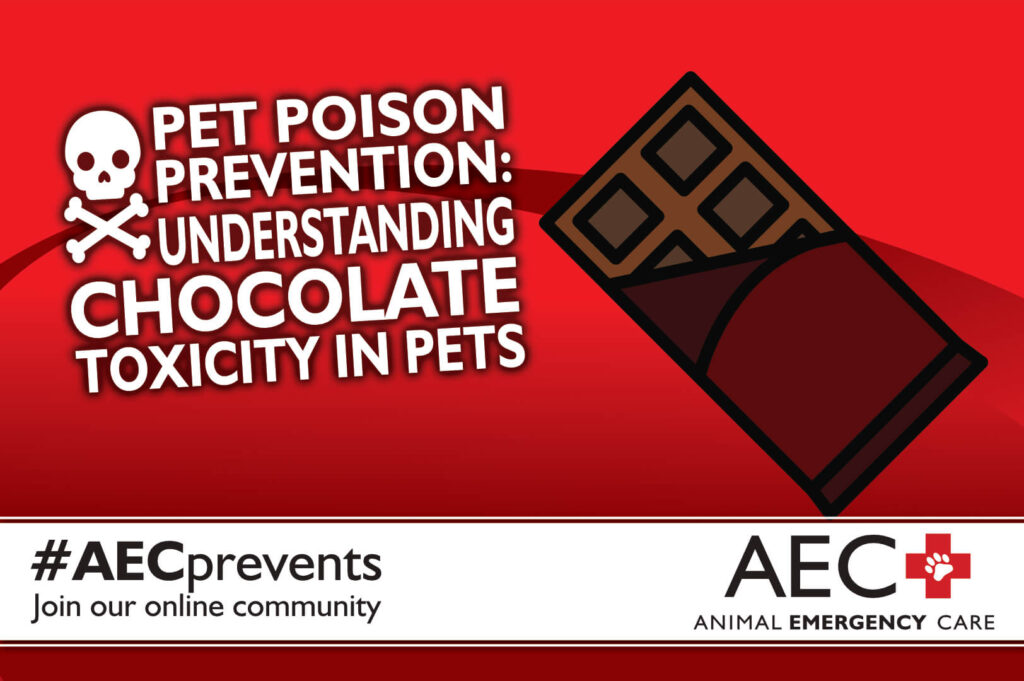
The delicious aroma of chocolate can be difficult for many people to resist and pets are no different. However, chocolate can be toxic to pets and may cause death in some cases. It is not uncommon for pets to sneak some of this sweet treat. In fact, in 2020 chocolate was the fourth most common pet toxin reported by the ASPCA Animal Poison Control Center with approximately 76 cases reported daily. OurAnimal Emergency Care team wants pet owners to understand the dangers of chocolate and what to do if your pet accidentally becomes poisoned.
Pet Poison Prevention: Understanding Lily Toxicity in Pets
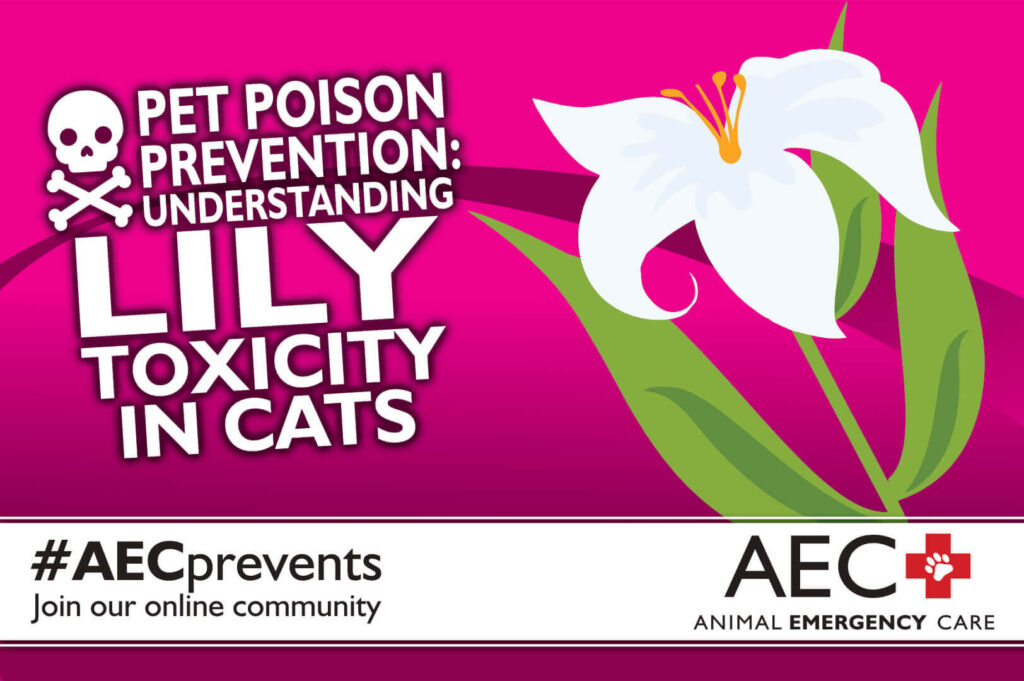
Springtime is almost here and many people and their pets will start spending more time outdoors as the weather slowly becomes warmer. Gardening is a popular and relaxing spring pastime with the fruits of your labor resulting in beautiful flowers that adorn coffee tables and dining rooms. However, many popular plants and flowers are toxic to pets, especially members of the lilium family. Cats in particular are sensitive to these flowers although others such as lily of the valley can be problematic for dogs and cats. Our Animal Emergency Care team wants to ensure you understand the dangers of lilies and what to do if your pet is poisoned.
Pet Poison Prevention: Understanding Xylitol Toxicity in Pets
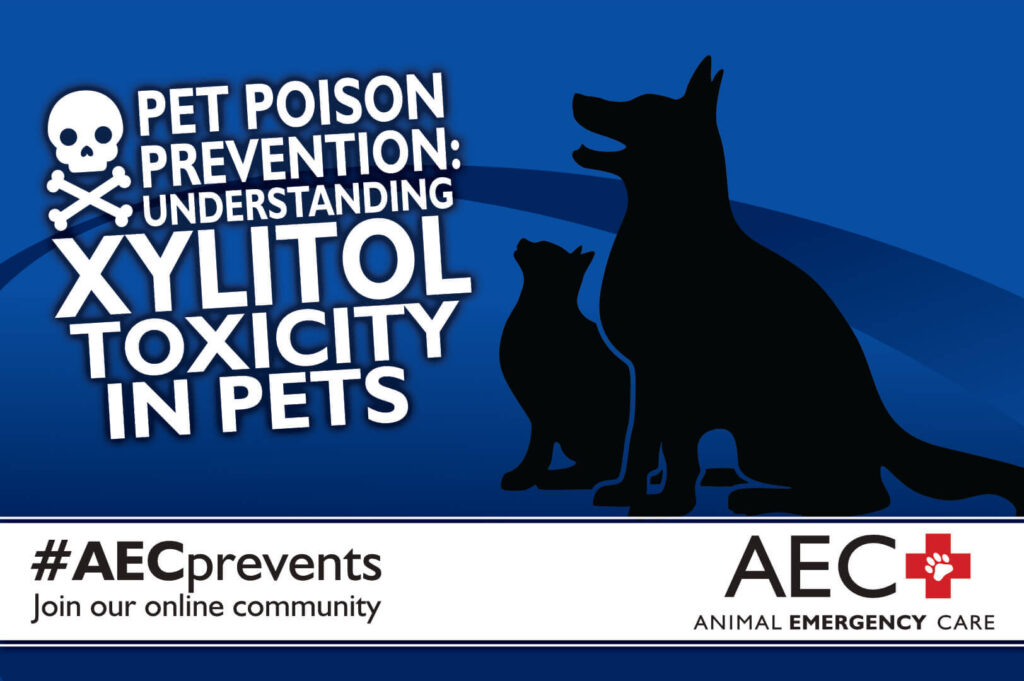
The popularity of low sugar and low carbohydrate human diets has led to many creative ways to make food and sweets palatable.Xylitol is a popular sugar substitute used in many foods, supplements, and dental hygiene products. The most common accidental exposures to xylitol include chewing gum, melatonin supplements, sugar-free baking additives, and some forms of peanut butter. It is also a very common component of supplement powders, chewable tablets, toothpastes, and lozenges. Xylitol is extremely dangerous and deadly if untreated. Our Animal Emergency Care team wants pet owners to understand the dangers of xylitol and what to do if your pet accidentally becomes poisoned.
Pet Poison Prevention: Understanding Rodenticide Toxicity in Pets
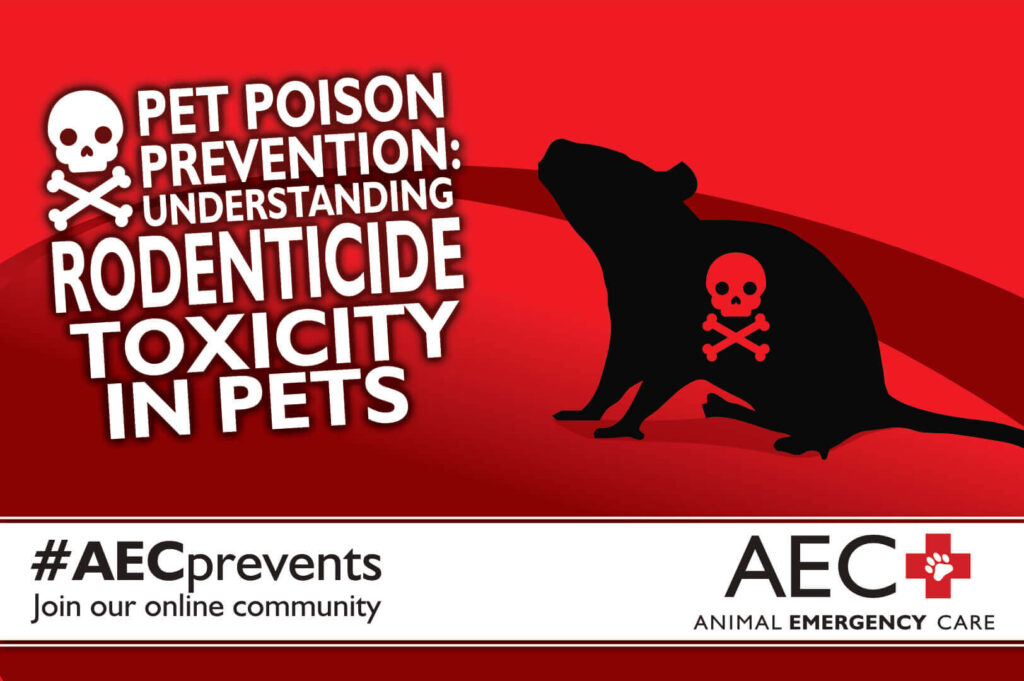
Rats and mice have a long-standing feud with their human counterparts, and they often cause irritation by building nests in homes or attics or eating plants and gardens. Many people take matters into their own hands by purchasing commercially available rat poison or rodenticide from their local grocery or hardware store. Rodenticide is appealing to rodents and unfortunately domestic pets are not immune from its dangers. Rodenticide ingestion is a common cause of pet emergencies and is fatal without immediate and aggressive treatment. Our Animal Emergency Care team wants to ensure your pets are safe from this potentially deadly poisoning.
Pet Poison Prevention: Understanding Marijuana Toxicity in Pets
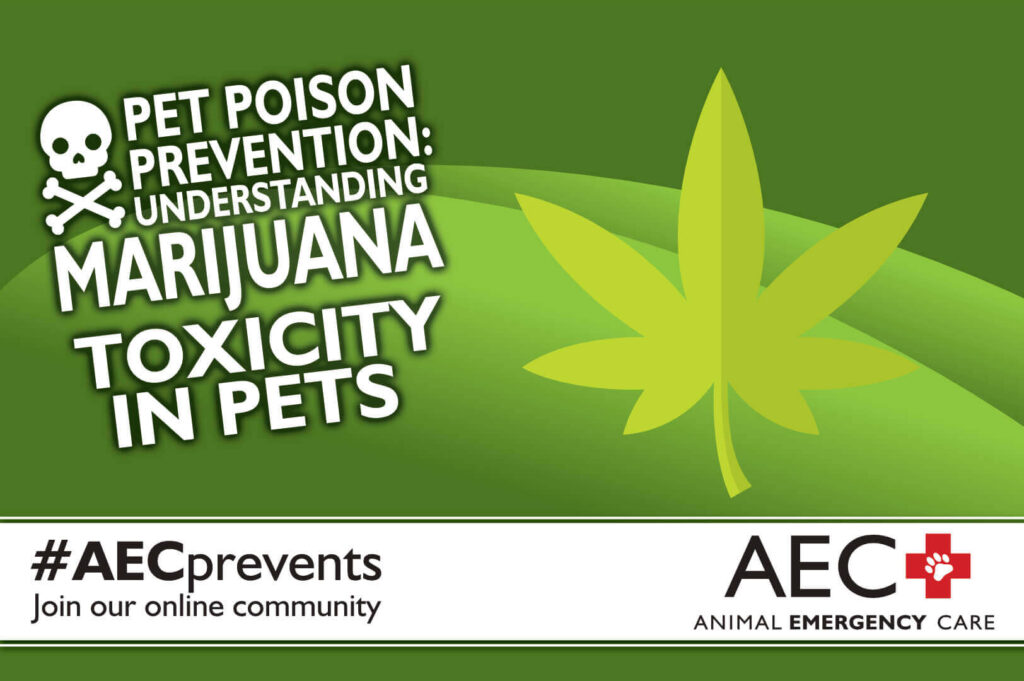
Many pet owners are familiar with the recreational drug marijuana which is also referred to as weed, pot, or reefer. Marijuana has become more widely legal across the United States over the past several years, and marijuana toxicity has become a more common problem in pets because of the drug’s increased availability and popularity. In fact, in 2019, the Pet Poison Helpline reported a 765% increase in calls related to pet marijuana ingestion from the previous year. Our Animal Emergency Care team wants you to recognize marijuana toxicity signs in your pet and to be prepared if your pet accidentally becomes poisoned.

